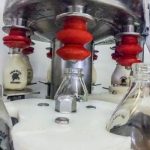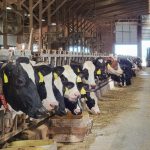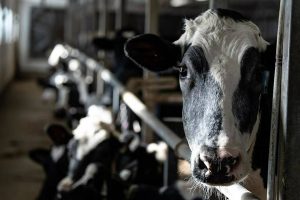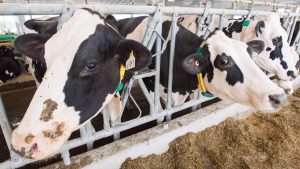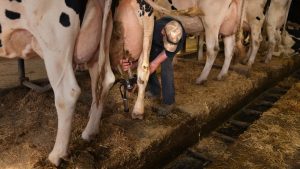
Canadians are grappling with soaring food prices, particularly for dairy and beef, straining family budgets.
Rising transportation, labor costs, and trade uncertainties, exacerbated by US trade policies, contribute to the financial pressure. While supporting local producers offers some relief, families face tough choices, with low-income households disproportionately affected and turning to food banks.
While farmers are seeing higher returns, the price hikes are creating a tough situation for families who are already struggling to make ends meet. Canadians are feeling the heat as food prices continue to rise, with dairy and beef costs hitting new highs.
Grocery bills, the new strain on families
Prices for everyday essentials like milk, butter, and beef have surged, causing many families to rethink their shopping habits this year. Milk prices are now up to $5.35 for a two-litre carton, and butter has reached $5.64 for a 454-gram block.
Consumers are still feeling the pressure, and the rising costs are largely due to a combination of factors, including higher transportation and labor costs despite some adjustments in milk prices made by the Canadian Dairy Commission.
Food prices will go up by 3 percent to 5 percent according to a prediction by the 2025 Canada’s Food Price Report, meaning the average family of four could see their grocery bill jump by as much as $800 this year.
Low-income families are hit the hardest, with many turning to food banks and community kitchens and opting for cheaper options that may not be as healthy.
Support for Local Producers
Many people are now shifting to Canadian-made dairy and beef products, even if they cost a bit more.
Local producers are seeing an increase in demand as people try to support Canadian farmers in places like Manitoba and Ontario. Although it helps the local businesses, it doesn’t completely ease the burden for families who are already struggling.
The question on many people’s minds is whether these rising prices are sustainable.
The Trump Factor
US President Donald Trump’s aggressive approach to trade, especially the renegotiation of NAFTA/USMCA, has led to uncertainty and more rigid cross-border rules. These rules have made it harder for Canadian producers to compete and more expensive to import or export livestock and feed.
Until action is taken, Canadians will keep feeling the squeeze where it hurts most, in their kitchens.
You can now read the most important #news on #eDairyNews #Whatsapp channels!!!
🇺🇸 eDairy News INGLÊS: https://whatsapp.com/channel/0029VaKsjzGDTkJyIN6hcP1K

